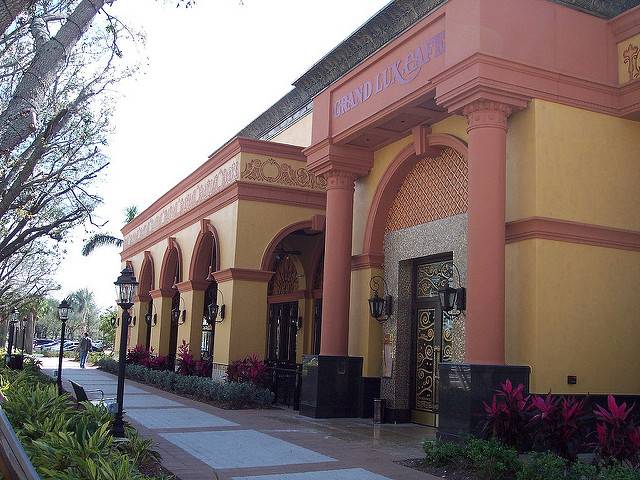
When the opportunity to invest in a triple net property (NNN) pops up on your radar, you need to know the distinctions that separate a triple net investment from a standard, commercial investment.
According to Investopedia, a triple net lease “designates the lessee, which is the tenant, as being solely responsible for all the costs relating to the asset being leased, in addition to the rent fee applied under the lease. The structure of this type of lease requires the lessee to pay the net amount for three types of costs, including net real estate taxes on the leased asset, net building insurance and net common area maintenance.”
Here’s what that looks like. As an investor, you lease out your commercial property for significantly less than you would under a traditional lease. Your tenant will be responsible for paying property taxes, building insurance, and any maintenance and repairs during their tenancy. The amount a tenant pays for the lease is determined based on their credit.
Your tenant might be a drug store chain, a fast food joint, or even an auto parts store. The standard lease term on a triple net investment is anywhere between ten and fifteen years with rent escalation built into the contract, so your best tenant will usually be an established business.
Even if you’re familiar with commercial real estate, triple net has distinct differences. If you want to learn the basics about triple net lease investments, you’re in the right place.
Claim up to $26,000 per W2 Employee
- Billions of dollars in funding available
- Funds are available to U.S. Businesses NOW
- This is not a loan. These tax credits do not need to be repaid
Profit potential for Triple Net investments
A triple net investment’s most valuable asset is always going to be the location. According to the investment experts at Triple Net Gateway, “Often, triple net investors ignore the importance of location, relying most heavily on the strength of the primary tenant to offset a weaker location.” They clarify why a strong tenant isn’t enough, “The cost of the asset often will be higher for the better location, but the ability to replace a tenant in a location that provides greater demand can provide irreplaceable downside protection.”
In other words, a poor location might do well when the tenant is in high demand with lines around the block, but you’ll be out of luck if you have to replace that tenant.
When you consider the long-term picture and how tedious it can be to turn over tenants, the location of your investment is the most important factor to consider.
Triple net provides stress-free cash flow
Generally speaking, a triple net lease investment is usually offered as three or more properties leased by the same tenant with current cash flow. Triple net is an attractive investment because it provides regular income with the potential for the property value to increase.
Placing repair and maintenance responsibilities on the tenant makes it easier to manage – you won’t be interrupted for emergency repairs.
Triple net investors also qualify for the Section 1031 exchange when they sell their current investment and roll the capital over into a new triple net investment.
Triple Net lease types
When looking for a triple net investment, you’ll want to know what kind of lease it’s backed by. There are four types of leases:
A bond lease makes the tenant responsible for their operational expenses, maintenance, and repairs for the whole building. This lease type yields the lowest ROI but requires the least amount of effort. Under this type of lease, the tenant is responsible for everything as outlined in a bond lease, except capital expenditures are limited during the last few months of the lease terms.
This lease encompasses the same rules as the NNN lease except the landlord takes on the financial responsibility for maintenance and repairs related to structural components. For instance, repairs to the roof, walls, and foundation.
Modified Net. Also referred to as a Modified Gross lease, this makes tenants responsible for any utilities, insurance, repairs, and maintenance that take place inside the building.
Under a gross lease, the tenant pays a flat monthly fee to the landlord, and the landlord is responsible for everything.
Your lease type will determine your ROI
A triple net lease property investment can be a wonderful investment, depending on your priorities. If you’re a hands-off investor who doesn’t mind a lower ROI, finding a triple net investment with a bond lease might appeal to you. If you don’t mind getting your hands dirty and want a larger piece of the pie, you may find a gross lease more attractive. Either way, it’s a good source of income for any experienced.



